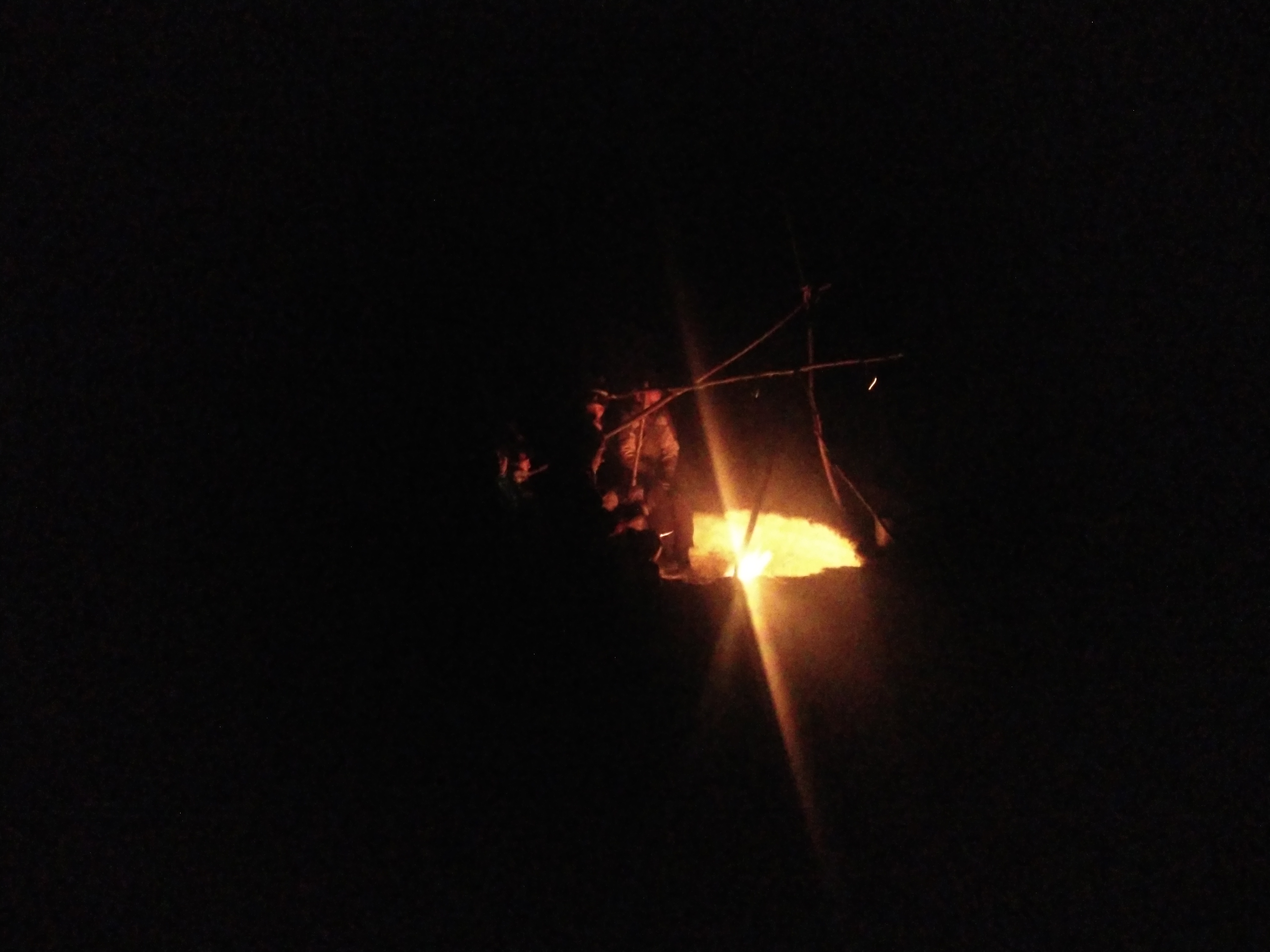Recently I saw an advertisement for new rain gear from a large outdoor gear company. They chose to market this with the phrase “rain? what rain?”
Seems straightforward enough, but it got me thinking about a certain trend in the outdoor industry. The idea is that the outdoors is a place where you go for temporary amusement. The conditions that the ecosystem provides are either negligible or managed in a way that allows us to enjoy outdoor activities. (Think damming a river for white water runs, or using an incredible amount of resources to make snow at a ski resort.)
I’ve guided snowshoe hikes at a large ski resort in the past, and a question weighs on my mind a lot whenever I think about those hikes.
“What’s the end result people are aiming for when they spend time outdoors?”
Theres a strange contrast to running courses centered around bushcraft or wilderness living, and taking people out for an hour or so on a maintained trail that inevitably leads back to a heated hotel with electric lighting.
“What’s the end result people are aiming for when they spend time outdoors?”
With the bushcraft programming at School Of The Forest and Jack Mountain, participants are living on and with the land. Taking part in its everyday rhythms and learning about themselves and how they fit into those patterns. “Rain, what rain?” isn’t a viable mindset when you’re living outdoors for extended periods of time, it only works in more recreational approaches, where natural rhythms are changed, ignored and controlled in order to produce a manufactured outdoor experience.
I’m not sure that interacting with the outdoors in these contrived ways always achieve what people are looking for when they participate in the natural world, and it got me thinking about why our students are drawn to the programming we’ve created. It isn’t just because they want to have a good time. Whether the outcome is guide training, or a deeper understanding of how to live simply, SOTF and JMB students are getting a chance to see the natural world in a way that is genuine. Recreation is all well and good, but I’d say that those enjoyable experiences are made richer by having an appreciation for the variables involved and how we overcome them.








